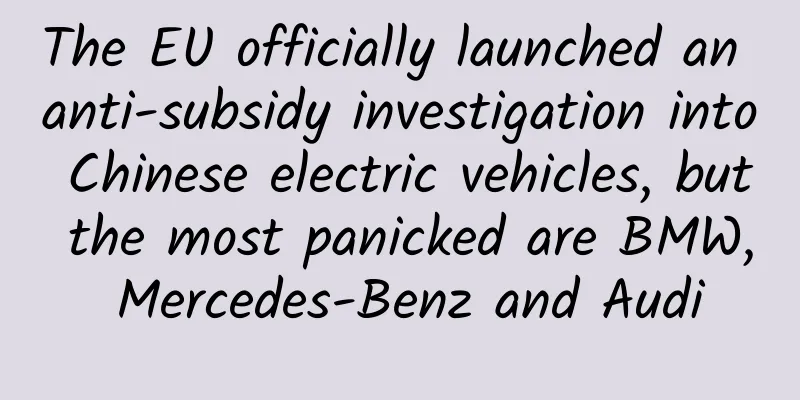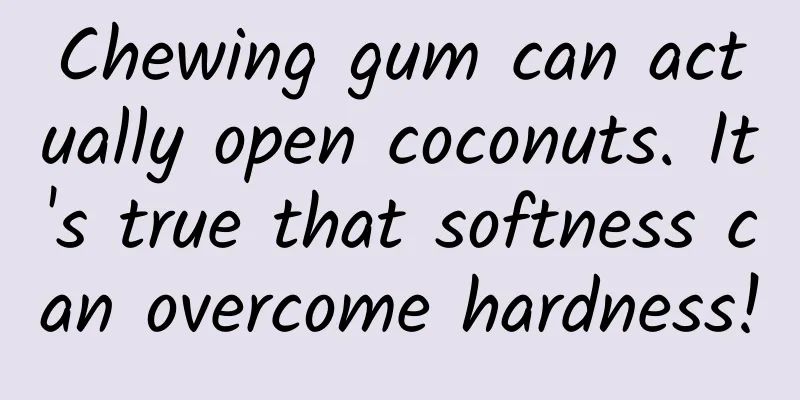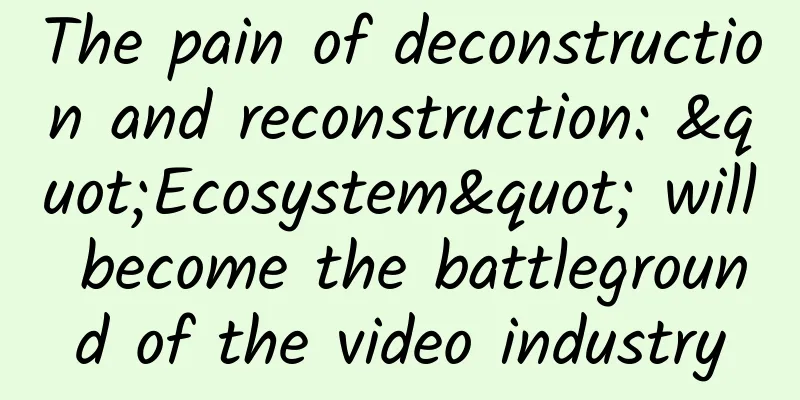The EU officially launched an anti-subsidy investigation into Chinese electric vehicles, but the most panicked are BMW, Mercedes-Benz and Audi

|
Recently, the European Union officially decided to launch an anti-subsidy investigation on pure electric vehicles imported from China. The European Commission believes that Chinese electric vehicle manufacturers benefit from government subsidies, which has led to Chinese electric vehicles entering the European market at low prices, threatening the interests and jobs of the European automotive industry. In response to this, a spokesperson for China's Ministry of Commerce said that the EU's actions are not in line with relevant WTO rules and that China will closely monitor the subsequent investigation procedures and firmly safeguard the legitimate rights and interests of Chinese companies. It is worth noting that the EU’s investigation is not limited to Chinese brands, but also includes foreign brands that sell China-made electric vehicles to Europe, such as BMW, Tesla, Polestar, etc. These brands have efficient production bases in China and have achieved scale and cost advantages by relying on the Chinese market. Once the EU confirms additional tariffs on Chinese-made electric vehicles, the export costs of these brands will rise significantly, affecting their competitiveness in the European market. In fact, the challenges facing the European automobile industry come not only from the price advantage of Chinese electric vehicles, but also from technological advances. Over the past eight years, the price of electric vehicles in Europe has been rising, while the average price of electric vehicles in China has dropped by half. This is due to the comprehensive cost advantages of China's electric vehicle industry chain, including the advancement of battery technology and the significant reduction in costs. Europe lags behind Asian countries in battery technology, making it difficult for its electric vehicles to compete with Chinese brands in terms of performance and range. Therefore, if the EU wants to win the electric vehicle competition, it cannot do so by suppressing Chinese brands. On the contrary, doing so may drag down the overall growth rate of electric vehicle sales in Europe, thereby losing scale advantages and affecting the transformation of the European automobile industry to electrification. At the same time, the Chinese factories of major European automobile brands such as BMW, Mercedes-Benz and Audi that export to the European market are also facing anti-subsidy investigations and punitive tariffs. They also have to deal with possible countermeasures from China, becoming the biggest "victims" in this "encirclement and suppression" and "counter-encirclement and suppression". As a winner of Toutiao's Qingyun Plan and Baijiahao's Bai+ Plan, the 2019 Baidu Digital Author of the Year, the Baijiahao's Most Popular Author in the Technology Field, the 2019 Sogou Technology and Culture Author, and the 2021 Baijiahao Quarterly Influential Creator, he has won many awards, including the 2013 Sohu Best Industry Media Person, the 2015 China New Media Entrepreneurship Competition Beijing Third Place, the 2015 Guangmang Experience Award, the 2015 China New Media Entrepreneurship Competition Finals Third Place, and the 2018 Baidu Dynamic Annual Powerful Celebrity. |
<<: Amadeus: 2022 Q2 Travel Market Insights Report
Recommend
What are the impacts of Japan's nuclear contaminated water discharge into the sea? How to ensure the safety of Japanese-related food?
At 13:00 local time on August 24 (12:00 Beijing t...
Talking about Android security 1——Activity hijacking and user prevention
1. Activity Scheduling Mechanism In the Android s...
Asian Winter Games Science Popularization Issue 11丨Asia Winter Games award uniforms upgraded, self-developed technology enters the world arena
The Asian Winter Games not only provides a fierce...
Southerners vs Northerners, who is fatter? The truth is...
People in the south are thinner than people in th...
How to write copy that has the ability to “sell goods”?
Compared with the "heart", "tone&q...
The most comprehensive case analysis of event planning and operation strategies
Today I’d like to talk to you about how to run a ...
A green alternative to plastic → breathable and waterproof paper "armor"!
Imagine if you could put a soft and waterproof &q...
How painful is it to be overly sensitive in this part of the body?
appendix: 1. ——I really want to chop off my nose!...
WeChat responds to the "killed" process of upgrading to iOS 13.2: urgent repair is underway
Recently, a small number of netizens found that t...
Common content misunderstandings of low-follow Douyin sales accounts
Recently, many friends have been asking questions...
How to increase user growth? A complete system architecture for user growth!
In the world of the Internet , everything is for ...
Danger! Beware of these 4 conditions that may occur to your parents after COVID-19
On the first day after infection, there may be no...
Want your child to grow taller? Huaxi experts teach you how to do this...
A previous survey by the World Health Organizatio...
From brainstorming to implementation, how should we operate and promote events?
A senior who works in operations said that event ...
Both are important cell resources. What are the similarities and differences between stem cells and immune cells?
There exists a human health guardian corps in our...









